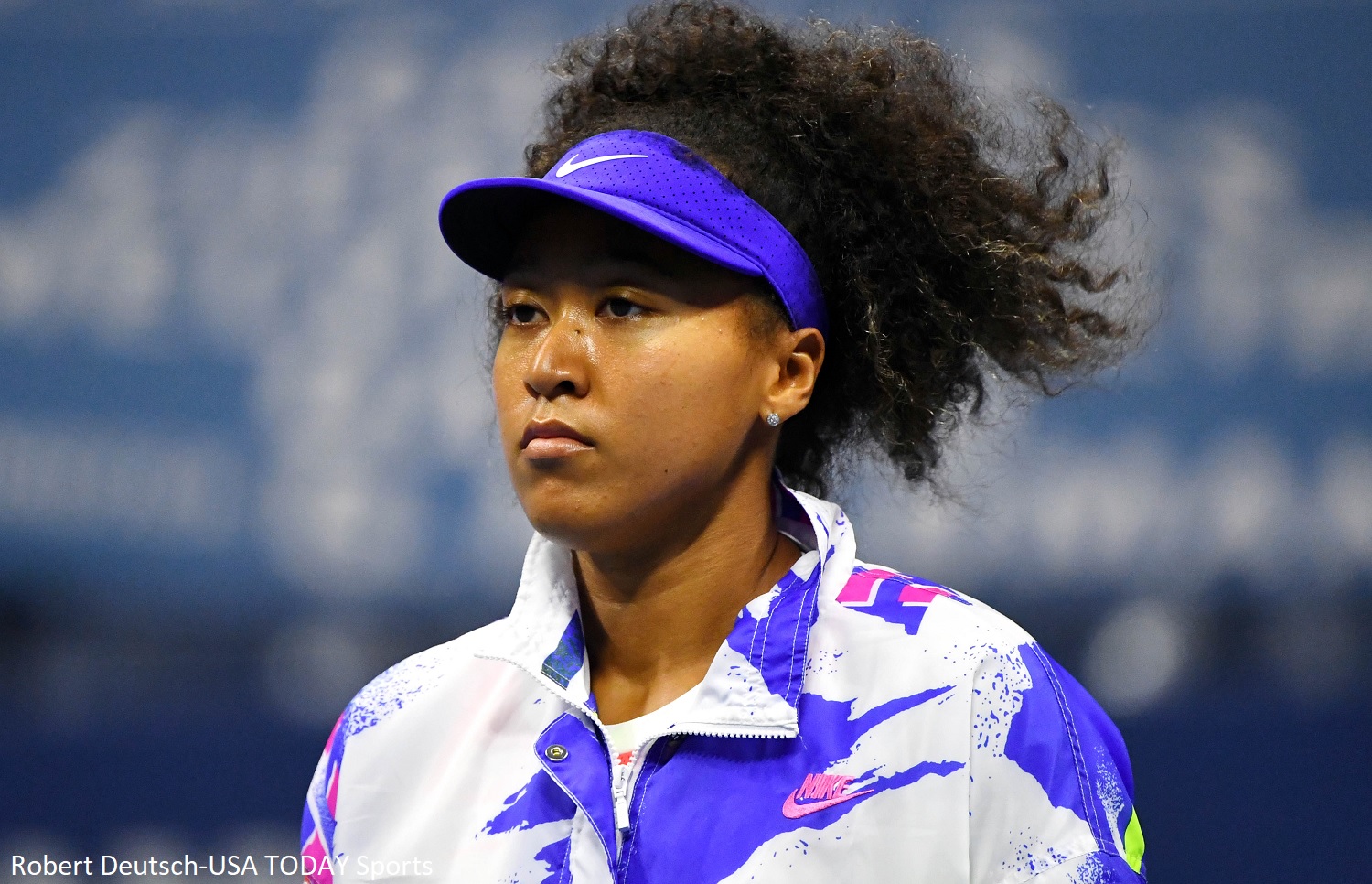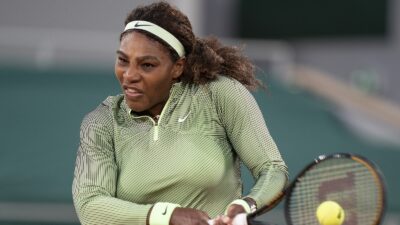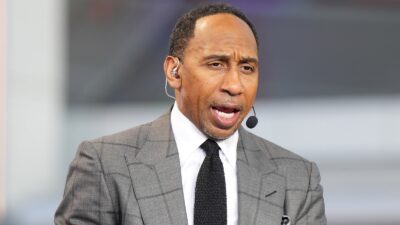
Naomi Osaka announced on Wednesday that she will refuse to do media events during the French Open this year, a move that reeks of privilege, selfishness, elitism, and poor sportsmanship.
Osaka, 23, shared the news in a casual-looking note posted on social media Wednesday. In the note, the current No. 2-ranked woman in the world said she would not be doing “any press during Roland Garros.”
Osaka, who has cashed just under $20 million in prize money on tour and has millions of followers on social media, portrayed herself as the victim. She cited the need to protect her mental health as the reason for her decision and said she would pay her way out of any fines she faces.
— NaomiOsaka大坂なおみ (@naomiosaka) May 26, 2021
Osaka seems to think she can use her influence and standing to overpower the WTA and women’s tennis by not cooperating with them.
Like so many young athletes, Osaka seems to not understand how she has obtained the status and money she has that allows her the power to tell the organization that pays her “f— you.” The reason why she has become powerful at 23 by playing tennis is because so many female tennis players over the last several decades worked their rears off to popularize the sport. They met with fans, met with reporters, and withstood all kinds of questions — easy, difficult, fair, unfair — in order to help grow the sport. Now, women’s tennis is extremely popular, the players are extremely well-paid, and Osaka, who did none of that difficult work, is saying that talking with the media is too much for her to handle, so she’s refusing to do it. That is privilege at its worst.
Osaka also doesn’t realize how unfair this move is for other players and how elitist it is. Speaking with the media is part of the job. The media plays a large role in covering sports leagues, teams and athletes by serving as a conduit to the fans. They play a role in growing games and maintaining popularity of sports. Dealing with the media is a two-way street. Osaka is saying she does not want to participate in that and do her part. Instead, she’s leaving it to all the other women to pick up the slack because she doesn’t want to answer questions. Worse, she’s spitting in the face of all the lower-ranked players who are grinding to make a living at the sport. Those women surely don’t enjoy answering media questions after they lose, but they can’t afford to pay their ways out of the reporter questions.
Osaka is being selfish with her actions. She’s not solely a tennis player working for herself, booking her own matches and promoting them on her own. She’s playing on a tour, one that provides venues, tournaments, opponents, umpires, promotion, and more. They are partners and she is being a bad partner to them, the organization that helped make her success possible.
Osaka has always seemed to enjoy postmatch interviews following her wins and use that to promote herself and her causes. Not wanting to answer questions after a difficult loss is a sign of being a poor sport, which is something we saw two years ago. She conveniently chose to issue this complain about her media obligations at a tournament where she has never advanced past the third round, and at a time when she is struggling on clay.
Osaka does not understand the purpose served by press conferences after losses. Here’s what it serves: they give insight to fans into the character of athletes. Those who run and avoid the difficult questions tend to end up less respected by fans. Those who stand up and answer the tough questions and credit their opponents are respected for their character.
What kind of character do you have, Naomi?














